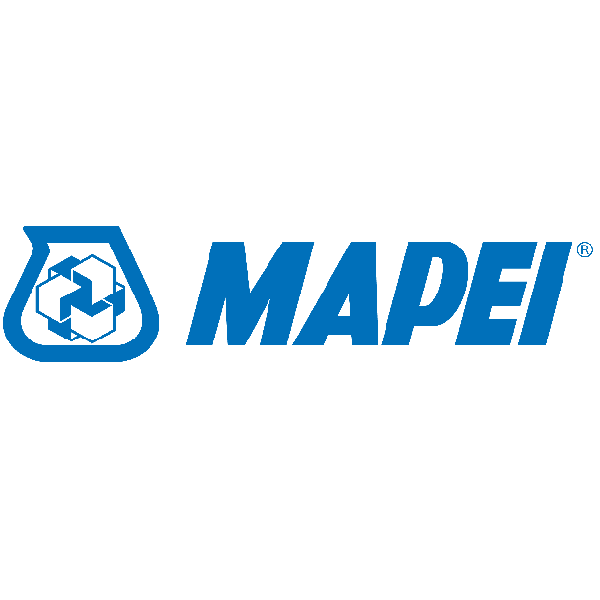Proposed topic of theses
COST ESTIMATION
- Planned and real costs of renovation works – a case study
- Methods of indirect costs estimating in the cost calculation of a construction contractor – theory and practice
- Costs of demolition works and costs of utilization of construction waste – analysis of selected examples
- Methods of estimating the costs of construction works on a selected example
- Construction budgeting – a case study
- Formal and substantive assessment of the bill of quantities as a component of the design documentation, constituting an element of the description of the subject of the public procurement for construction works – a case study
TIME-COST ANALYSIS OF CONSTRUCTION WORKS
- Time and cost of the selected building in terms of its technological and material solutions
- Planned and real date of implementation of the construction investment
- Time-cost analysis of selected construction works
- Time-cost analysis of construction works on a selected example
LIFE CYCLE COSTS OF A BUILDING
- Costs of the life cycle of a selected building
- Costs of maintaining a selected building
- Operating costs for a selected Building
EFFICIENCY OF CONSTRUCTION WORKS
- Effectiveness of performing selected construction works
- Time efficiency analysis in construction works on a selected example
MODERN MATERIALS AND TECHNOLOGIES; TECHNICAL AND COST ANALYSES
- Technical and cost analysis of materials and technologies related to the implementation of individual building elements
- Technical and economic analysis of selected construction solutions in the revalorization of buildings
- Technical and cost analysis of selected construction works
- Technical and cost analysis of technological transport at the construction site on a selected example
- Materials and methods of wall insulation with transparent insulation used in Poland and around the world
MULTI-CRITERIA ANALYSIS
- Multi-criteria analysis of the implementation of selected building elements
- Multi-criteria analysis of selected modern technological solutions
- Multi-criteria analysis of formwork and scaffolding systems
BIM TECHNOLOGY IN THE MANAGEMENT OF CONSTRUCTION PROJECTS
- Simulation of the construction process based on the 4D model
- Planning of construction costs (including based on the BIM model)
- Collision detection in BIM models using computer tools on the example of BIM Vision and Navisworks
- Cost analysis on basis of BIM model on the example of logistic hall
TECHNOLOGY AND ORGANIZATION OF CONSTRUCTION WORKS
- Renovation and modernization of a selected building – a case study
- Renovation or construction of a building – technology and organization of construction on a selected example
- Thermal modernization project of a building on the example of (…)
- Identification of design, technological and organizational problems on selected examples of construction investments
- Construction planning with a deterministic approach to the completion time of construction works on the example of selected construction investments
- Project of technology and organization of construction works on a selected example
DEVELOPMENT OF THE CONSTRUCTION SITE
- Principles of construction site development (optimization of the layout of temporary roads at the construction site, simulation models of building materials storages)
- Optimization of the development of the construction site on a specific example
- Dynamic approach to construction – characteristics of changes in the development of the construction site based on selected examples of construction investments
- Organization of construction site with limited land access – a case study
HEALTH AND SAFETY OF CONSTRUCTION WORKS; OCCUPATIONAL RISK ASSESSMENT IN CONSTRUCTION
- Modern solutions in the field of health and safety at the construction site
- Cost analysis of various health and safety measures at the construction site
- Safety and health protection plan (BIOZ) – legal regulations and the development and application in practice – a case study
- Occupational risk assessment in construction – a case study
- Design of the assembly of the structure with the development of the instructions for safe performance of works (IBWR) on the example of the implementation of a selected construction investment
- Possibilities of preventing hazards on the construction site in terms of the applicable health and safety regulations and standards adopted in selected construction companies
CONSTRUCTION DELAYS
- The effects of delays in the implementation of the construction project
- Analysis of the causes of delays on the example of a selected construction project
ANALYSIS OF DESIGN / EXECUTION ERRORS
- The impact of design errors on the implementation of construction works
- Analysis of the causes of execution errors
PRODUCTIVITY OF CONSTRUCTION WORKERS
- Study of the productivity of construction workers
REVALORIZATION OF HISTORIC BUILDINGS
- Technological and organizational problems in the revalorization of a building – a case study
- Technical and economic analysis of selected construction solutions in the revalorization of buildings
ASSESSMENT OF THE TECHNICAL CONDITION OF A BUILDING
- Assessment of the technical condition of a building on the example of (…)
- The degree of technical wear of the selected building – a case study
- Methods of assessing the degree of technical wear of buildings and their practical use
BIO-BUILDING; BUILDINGS MADE OF NATURAL MATERIALS
- Technology and organization of the implementation of a green roof
- Buildings made of biobased building materials – technical and cost analysis
RECYCLING OF BUILDING MATERIALS
- Logistics of the recovery of construction materials as part of the renovation of a Building – a case study
- Costs of demolition works and costs of utilization of construction waste – analysis of selected examples
CONSTRUCTION CONTRACTS, INCLUDING FIDIC CONDITIONS
- Disputes and claims of the parties in a construction contract implemented under FIDIC conditions
- The monthly payment procedure in the construction contract in terms of FIDIC – General and Special Conditions
PUBLIC PROCUREMENT FOR CONSTRUCTION WORKS; TENDER PROCEDURES
- Awarding public contracts for construction works – theory and practice
- Sustainable public procurement for construction works – a case study
- Principles of efficiency in public procurement for construction works – a case study
- Preparation of a tender bid for construction works – a case study
- Analysis of tender procedures in the construction industry in Poland and the selected country
- Tender procedure in construction – theory and practice
BUILDING LAW
- Analysis of administrative and legal procedures in construction in Poland and the selected country
- Administrative procedures preceding the commencement of construction works on a selected example (historic buildings, investments with a significant impact on the environment)
NETWORK ANALYSIS
- Network analysis of a construction project on a selected example
- Planning employment in construction projects using the network model
PARTNERING IN CONSTRUCTION PROJECTS
- Partnering / alliances between participants of construction projects
CONSTRUCTION COMPANY
- Development of the sector of small and medium-sized enterprises in the construction industry
- The operating costs of construction companies on a selected example
- Development of developers companies on a selected example























